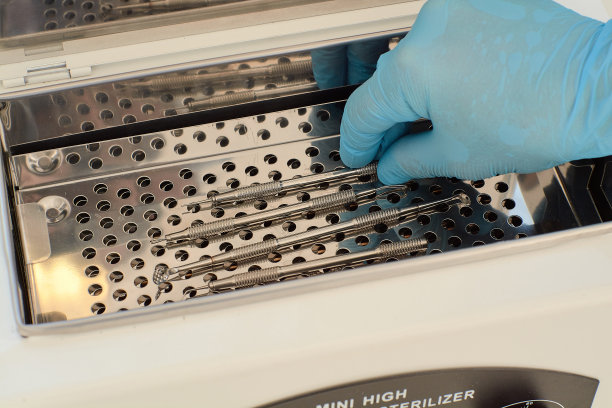Understanding the Importance of Extracting a Tooth and Its Impact on Dental Health and Overall Wellbeing
Summary: Extracting a tooth is often perceived with fear and hesitation by many, yet it holds significant importance in dental health and overall wellbeing. This article delves into four critical aspects of tooth extraction: its necessity in preventing oral health issues, its role in improving oral hygiene, its positive impact on overall physical health, and recommendations for post-extraction care. Understanding these elements underscores the fact that sometimes, removing a tooth can lead to better outcomes rather than worsening dental conditions. This comprehensive examination emphasizes that tooth extraction, when necessary, is not merely a last resort but an integral measure for preserving ones broader health and wellness.
1. Necessity in Preventing Oral Health Issues

Tooth extraction can be an invaluable tool in preventing more severe dental problems. When a tooth is severely decayed or damaged, it can lead to infections that may affect neighboring teeth and surrounding gum tissue. By opting for removal, one can thwart the advancement of decay and spare the remaining teeth from possible complications.
Moreover, crowded teeth may necessitate extraction as part of orthodontal treatment. In cases where there is insufficient space in the jaw, extracting one or more teeth can help align the remaining teeth properly, leading to better bite and functionality. This preventive measure is crucial for maintaining long-term oral health.
Additionally, wisdom teeth often become problematic as they emerge during late teens or early twenties. These molars can cause misalignment, overcrowding, or even infections if they do not come through properly. Thus, extracting wisdom teeth can prevent future oral health dilemmas.
2. Improving Oral Hygiene Post-Extraction
Following tooth extraction, patients often experience a renewed opportunity for improved oral hygiene. The removal of problematic teeth can make it easier to brush and floss effectively, which is essential for preventing plaque build-up and gum disease. This change can significantly enhance one’s oral care routine.
Furthermore, after the extraction of decaying teeth, the mouth can be cleaned more efficiently. Residual food particles trapped around the damaged tooth often lead to cavities in other areas; hence, removing such teeth can help maintain a healthier balance in the oral environment.
Integrating good oral hygiene practices post-extraction fosters overall dental health. Emphasizing brushing twice daily and using mouthwash can further minimize the risk of infections and complications following the procedure, allowing the gums to heal effectively.
3. Positive Impact on Overall Physical Health
The implications of tooth extraction extend beyond the oral cavity, influencing overall physical health. Chronic dental infections can lead to systemic issues such as cardiovascular problems. When bacteria from infected gums enter the bloodstream, they can contribute to heart disease and other serious conditions. By addressing oral health concerns through extraction, patients can lower their risk of such complications.
Moreover, maintaining good dental health is closely linked to effective nutrition. Individuals grappling with damaged or painful teeth might find it difficult to eat nutritious foods, leading to a potential decline in overall health. Extracting problematic teeth allows patients to restore their ability to chew properly, thereby improving dietary habits and nutritional intake.
An added benefit is the psychological aspect of oral health. Individuals often feel more confident after having troublesome teeth removed. A healthy smile contributes to better self-esteem and may drive individuals to engage socially, leading to enhanced mental health and overall wellbeing.
4. Recommendations for Post-Extraction Care
Proper care following a tooth extraction is vital for ensuring swift recovery and preventing complications. Patients should adhere to their dentist’s guidelines, which typically include resting for at least 24 hours post-surgery and avoiding strenuous activities. This precaution helps minimize bleeding and promote healing.
Additionally, maintaining a soft diet for the first few days can significantly aid recovery. Foods such as yogurt, mashed potatoes, and smoothies can provide necessary nutrition without risking damage to the extraction site. Hydration is also crucial; patients should ensure they drink plenty of fluids, avoiding direct sipping from straws to prevent dislodging the blood clot.
Finally, monitoring for any unusual symptoms, such as excessive swelling or persistent pain, is essential. Should any concerns arise, patients must reach out to their dental provider promptly to prevent any additional complications from arising.
Summary:
Understanding the importance of tooth extraction reveals it as more than just an oral procedure; it is a proactive step to prevent further health issues while promoting better oral hygiene and overall wellbeing. The necessity of this dental practice can significantly impact ones health landscape, leading to better nutrition, enhanced self-esteem, and ultimately, a more fulfilling life.
This article is compiled by Vickong Dental and the content is for reference only.



